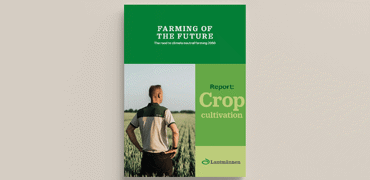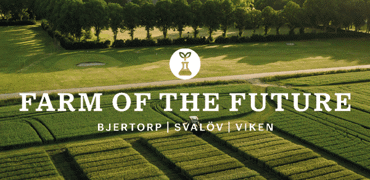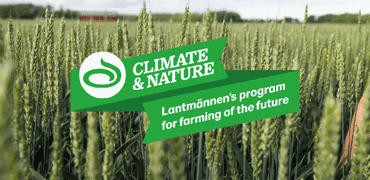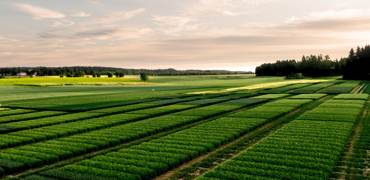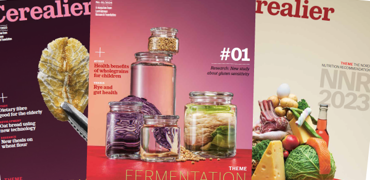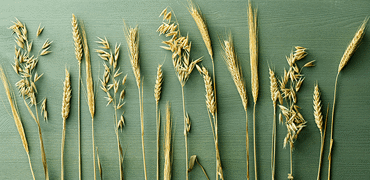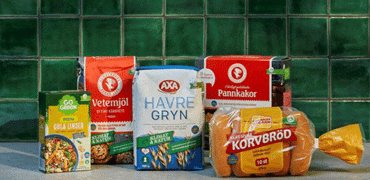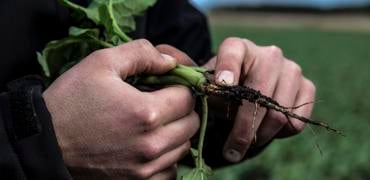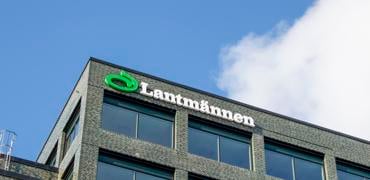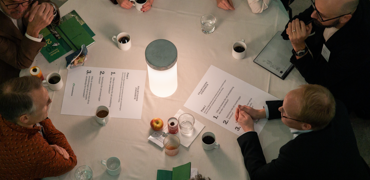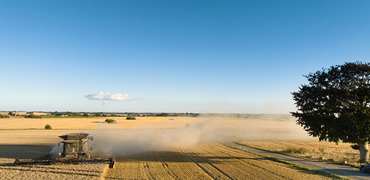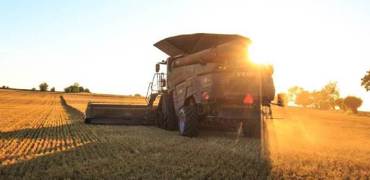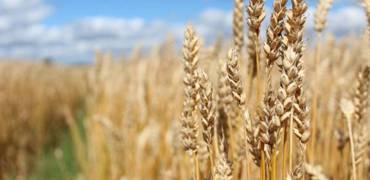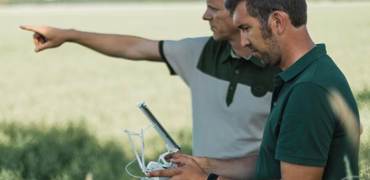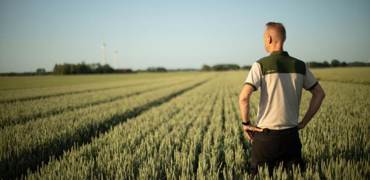Lantmännen Research Foundation invests up to SEK 25 million annually in research at colleges, universities and institutes, both nationally and internationally. The foundation supports research that contributes to knowledge that can be used to develop both current and future business, throughout the food value chain.
“Partnerships and collaboration are necessary to manage and solve a number of the complex challenges that exist within the food system. We therefore work actively to build networks with broad expertise from both academia, industry and practical agriculture. It’s our way of taking responsibility from field to fork," says Helena Fredriksson, Head of Research at Lantmännen Research Foundation.
The foundation focuses primarily on practically applicable research where the results can be used to develop Lantmännen’s industrial operations, the farm level operations or the industry as a whole. The foundation’s focus areas include various sub-areas with important issues, as exemplified below. Read more in each area’s call text.
Requested research within the area of Agriculture and machinery:
- Sustainable intensification of crop production through research that investigates, for example; precision farming and digitalisation, new sustainable fertilisation and plant protection strategies, and robust crops and cropping systems that can handle heat waves as well as surpluses and deficits of water.
- A profitable and sustainable intensification of Swedish livestock production through research that investigates, for example; models for feeding recommendations, the lifespan of productive livestock with a focus on sustainability and climate performance, and the animals’ specific need for fat.
- The right quality of grains and other plant-based commodities through research that investigates, for example; the influence of cultivation measures on quality parameters required in different grain processing facilities, monitoring systems for detecting negative processes in grain storages, and cost-effective and fast analytical methods for grains and other crops.
Requested research within the area of Food and Health:
- Health benefits of cereals and legumes through research that investigates, for example; precision nutrition, consumption of grain- and/or legume-based foods, and the link between the effects of whole grains and individual components on health.
- Baking quality through research that investigates, for example; improved taste and texture in bread with a high content of whole grains and fibres, water distribution and redistribution in dough and bread during freezing, storage and thawing, as well as new process technology solutions for improved product and storage quality, reduced waste, and improved energy utilisation.
- Ingredients of cereals and legumes in foods through research that investigates, for example; knowledge about the structure and chemical composition of both raw materials and generated fractions, and their correlation to functional properties as well as deeper understanding of how different food applications are affected by protein, starch, and fiber components from cereals and legumes, and upgrading of side streams for use as food ingredients.
Requested research within the area of Bioenergy and Green materials is:
- Bioenergy and the biorefineries of the future through research that investigates, for example; fossil-free components for diesel, petrol-based fuels and lubricants, as well as fossil-free fuels for agricultural machinery that can be used in today’s diesel engines without modification.
- Green materials and biochemicals through research that investigates, for example; next-generation ester-based bio-oils for use in agriculture and forestry, the potential of bioethanol or wheat starch as a raw material in green materials and bio‐based chemicals, as well as recyclable and environmentally sustainable packaging materials.
- Increased value in products and side streams through research that investigates, for example; innovative uses for starch from wheat, pea and faba bean, fibre-rich fractions such as wheat bran, oat husks and pea shells as feedstock for renewable materials and biochemicals, as well as new uses for capturing biogenic carbon dioxide permanently.
More information
- Applicants are welcome to contact Lantmännen Research Foundation before submitting applications to discuss project ideas and hear more about Lantmännen’s opportunities to offer raw materials, products or other resources. The projects should be applicable under Swedish or Northern European conditions to be granted funding.
- Read more about the Lantmännen Research Foundation here.
For more information, please contact:
Helena Fredriksson, Head of Research at Lantmännen Research Foundation
Phone: +46 (0)10 556 10 47
Email: helena.fredriksson@lantmannen.com
Lantmännen’s press office
Phone: +46 (0)10 556 88 00
Email: press@lantmannen.com






